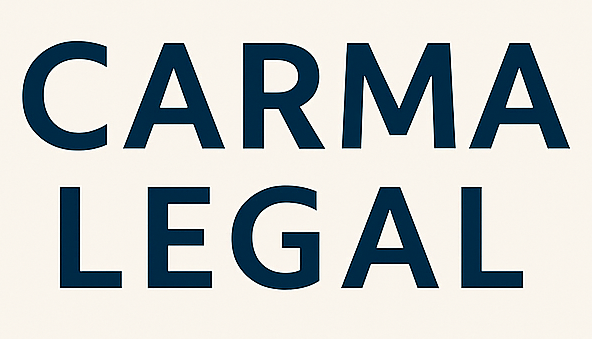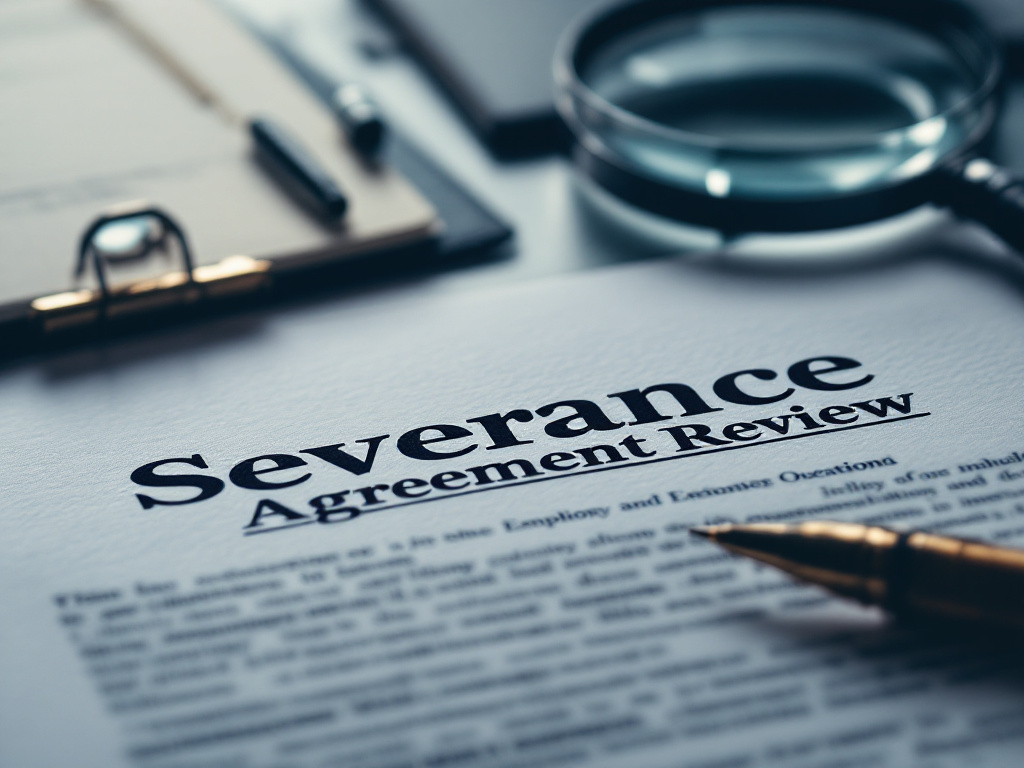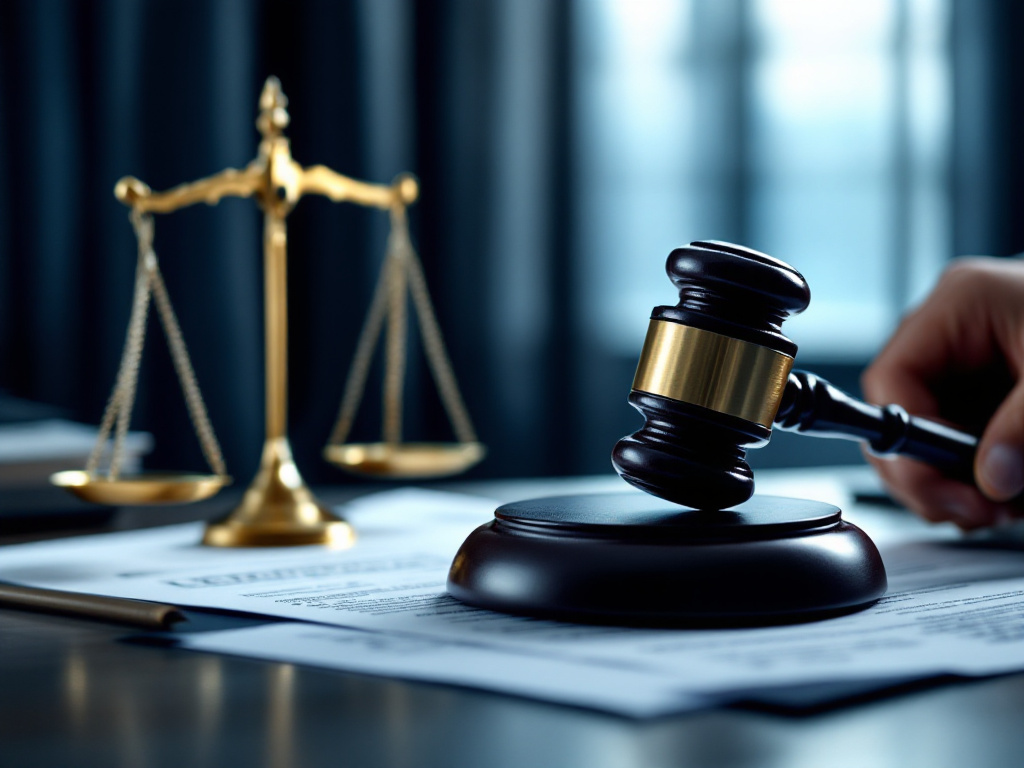When you suspect your loved one has suffered harm due to substandard care, you need a nursing home neglect lawyer with the expertise to hold negligent parties accountable. Residents in long-term care facilities depend on staff and management for daily assistance, making them particularly vulnerable to lapses in care. Faced with delayed medical attention, poor hygiene, or dangerous living conditions, families often feel overwhelmed and unsure of where to turn.
A skilled attorney can guide you through each phase of a neglect claim—from initial case evaluation through gathering evidence, identifying responsible parties, and negotiating compensation. This article explains what to expect as you work with legal counsel, outlines the types of evidence your lawyer will collect, and shows how expert testimony and clear communication can strengthen your case. Ultimately, you’ll learn how to partner effectively with an advocate who seeks justice for both you and your loved one.
Understand nursing home neglect
Nursing home neglect occurs when a facility fails to provide necessary care, assistance, or supervision, resulting in harm to a resident. Unlike intentional abuse, neglect often stems from understaffing, inadequate training, or poor management practices. Common signs of neglect include bedsores, unexplained weight loss, poor hygiene, malnutrition, dehydration, and untreated medical issues.
According to the Nursing Home Abuse Center, 15.3% of all elder abuse complaints involve neglect, and 12% of employees admit to neglecting residents [1]. Disturbingly, for every reported case, 57 go unreported, making underreporting one of the greatest barriers to resident safety [1]. In addition, about one in ten adults aged 60 and older has experienced some form of elder abuse [2].
By understanding the difference between neglect and abuse, you can better assess your loved one’s situation and recognize when to seek legal assistance.
Evaluate your legal options
Once you suspect neglect, it helps to explore your avenues for legal recourse. A dedicated nursing home abuse lawyer or elder abuse attorney can:
- Review the facts of your case and advise on potential claims
- Explain third-party liability, such as contractors who provided medical or maintenance services
- Determine if product defects—like malfunctioning beds or restraints—contributed to harm, in which case a product liability lawyer may assist
Your attorney will clarify how a lawsuit can hold the facility, its corporate owner, staff members, and any negligent vendors accountable. You will learn about timelines for filing claims under state laws, potential deadlines, and the evidence needed to meet the legal standard of negligence.
Investigate incident details
Early in your case, your lawyer will conduct a thorough investigation to reconstruct what happened:
- Examine incident reports, staffing logs, medication records, and facility policies
- Interview you, family members, facility staff, and any witnesses
- Inspect the environment for hazards, inadequate staffing levels, or sanitation issues
- Consult regulatory inspection reports and surveys
This fact-gathering phase may involve on-site visits, requests for internal documents, and formal subpoenas if necessary. By understanding how and why neglect occurred, your attorney can shape a clear legal strategy.
Gather crucial evidence
Building a strong claim relies on comprehensive evidence. Your lawyer will collect and organize key materials:
Types of evidence to collect
- Medical records and treatment plans
- Incident and accident reports from the facility
- Medication administration logs and charts
- Photographs or video of injuries, bedsores, and living conditions
- Witness statements from staff, visitors, or other residents
- Surveillance camera footage, if available
- Internal emails or memos indicating policy failures
Document a clear timeline
Creating a detailed chronology of events helps establish when neglect occurred and who was responsible. Your attorney may:
- Record dates and times of missed care or injuries, noting shifts and staff on duty
- Keep a log of your own observations and communications with the facility
- Secure statements from witnesses about specific incidents
Documenting evidence is crucial for establishing when and how the neglect took place [3].
Identify liable parties
Multiple entities can share liability in a nursing home neglect case. Your lawyer will determine which parties bear legal responsibility:
| Liable party | Role | Basis for liability |
|---|---|---|
| Facility staff | Caregivers and nurses | Direct negligence in care delivery |
| Management and administration | Administrators and supervisors | Failure to enforce policies |
| Corporate owner | Facility operator | Staffing, training, systemic issues |
| Third-party contractors | Doctors, therapists, maintenance | Professional malpractice, hazards |
| Equipment and supply vendors | Beds, restraints, medical devices | Product defects |
In some cases, you may need to pursue a separate claim against a manufacturer or supplier for dangerous equipment. A coordinated effort between your neglect lawyer and a dangerous product injury lawyer can ensure all negligent parties are held accountable.
Assess compensation value
A key part of your claim is determining what damages you can seek. Compensation commonly includes:
- Economic damages
- Past and future medical bills
- Costs for rehabilitation or home care
- Therapy, counseling, or assisted living expenses
- Non-economic damages
- Pain and suffering
- Emotional distress and loss of companionship
- Punitive damages
- Awarded when conduct is especially reckless or malicious
The average nursing home abuse claim results in approximately $406,000 in recovery, although awards vary widely based on case facts [4]. Your lawyer will evaluate factors such as the severity of injuries, the level of negligence, and the impact on your loved one’s quality of life.
Navigate legal procedures
Pursuing a neglect claim follows a structured legal roadmap:
- Initial consultation and case evaluation
- Demand letter to the facility or insurer
- Filing a complaint in civil court
- Pretrial motions and case management conferences
- Proceed through discovery stage
- Written questions (interrogatories)
- Document requests
- Depositions of witnesses and experts
- Negotiate settlement or trial
- Mediation or arbitration sessions
- Jury or bench trial if no agreement
Each phase has its own deadlines and requirements. Your attorney will keep you informed of key milestones and adjust strategy as needed to seek a favorable outcome.
Collaborate with experts
Expert witnesses play a crucial role in proving neglect and damages. Your attorney may engage:
- Medical professionals and geriatric specialists to assess injuries
- Wound care experts for bedsores or pressure ulcers
- Pharmacists to review medication errors
- Economists or vocational experts to calculate future care costs
- Safety and engineering consultants for equipment or environmental hazards
- Psychologists or counselors to document emotional trauma
These experts provide authoritative reports and testify in hearings, strengthening your case by explaining technical issues in clear, persuasive terms.
Communicate case progress
Transparent communication between you and your lawyer is essential:
- Regular status updates after key developments
- Accessible client portals for review of documents
- Scheduled calls or meetings to discuss strategy
- Prompt responses to your questions or concerns
Clear dialogue ensures you understand each step, feel supported throughout the process, and can make informed decisions about settlement offers or trial preparation.
Review fees and costs
Most nursing home neglect lawyers work on a contingency fee basis, meaning:
- No upfront attorney fees
- Lawyer’s payment comes as a percentage (typically 33–40%) of any recovery
- You are not responsible for legal fees if there is no award
However, you may be asked to cover case expenses such as court filing fees, expert witness charges, and deposition costs. Your attorney will provide a fee agreement that outlines payment structure, so you know what to expect.
Take next steps
To move forward:
- Gather any documents you already have—medical records, incident reports, photos
- Write down a timeline of events and relevant contact information
- Contact a trusted nursing home abuse lawyer for a free consultation
- Prepare questions about your case, the legal process, and potential outcomes
By acting promptly, you preserve crucial evidence and meet filing deadlines under state law. A committed attorney will guide you through each stage, advocating for justice and safer care standards for all nursing home residents.








